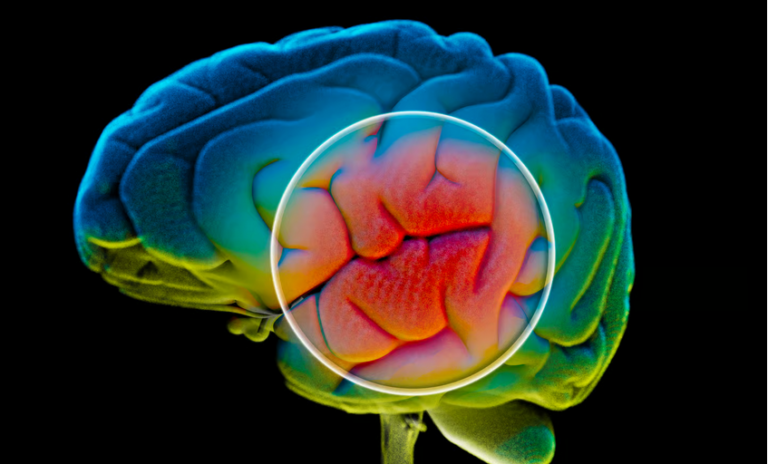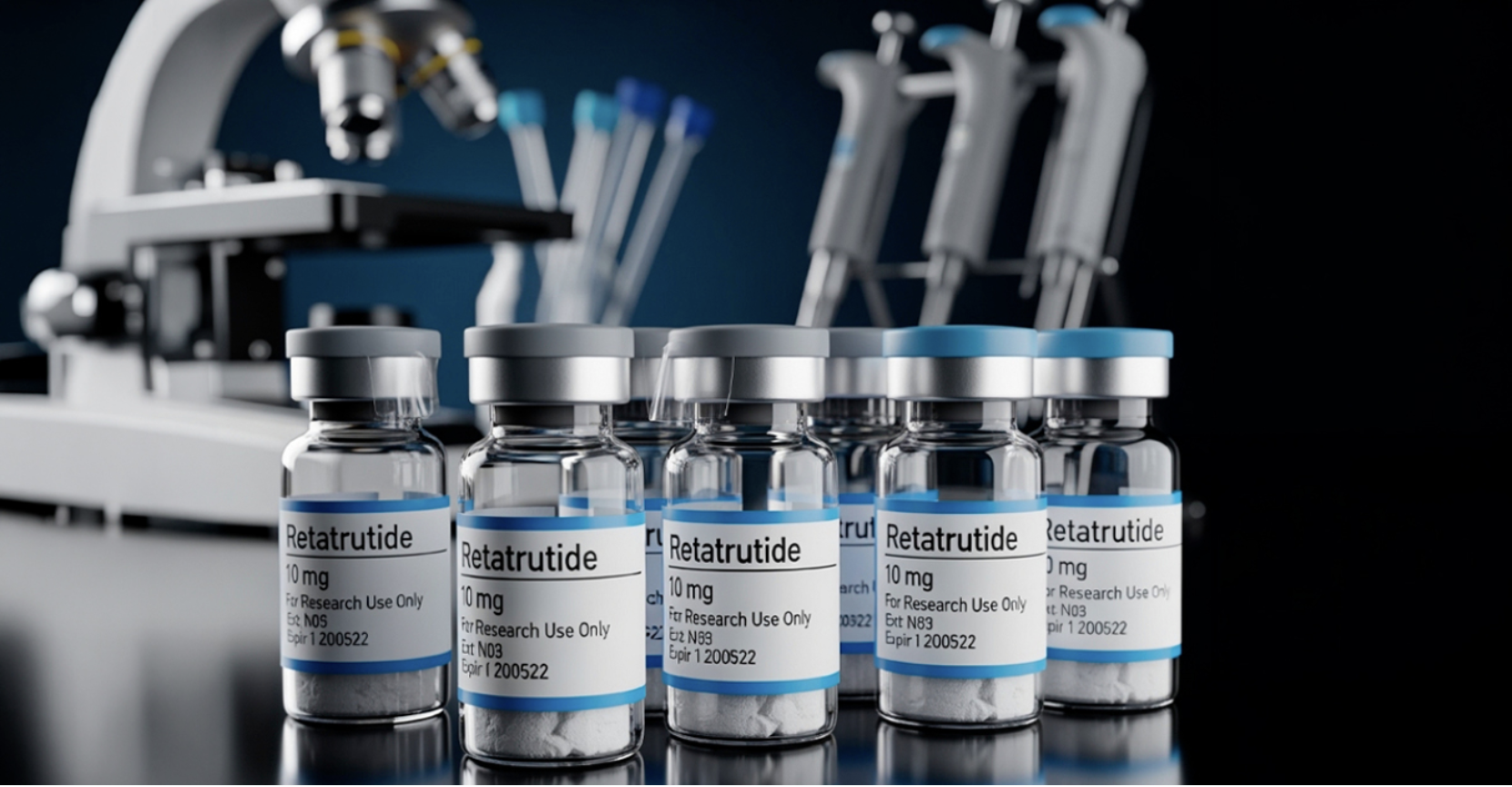A new study has found that a compound created by the body’s breakdown of a cancer drug has therapeutic properties. When combined with the original drug, the by-product produced a synergistic effect to inhibit prostate cancer cells; when used alone, it reduced the buildup of a toxic protein in the brain associated with Parkinson’s disease.
After medications are consumed, they’re absorbed and distributed around the body. When they’ve produced their therapeutic effect, they’re broken down – metabolized – by various organs into by-products called metabolites, compounds that are more easily eliminated from the body.
The potential therapeutic effects of drug metabolites are often overlooked, even though they are present at high concentrations in the plasma and can be pharmacologically active. However, a new study by the Spanish National Research Council (CSIC) has found that a metabolite produced by the breakdown of a cancer drug may have value as a therapeutic agent in its own right.
Continue here: New Atlas
Ask me anything
Explore related questions





